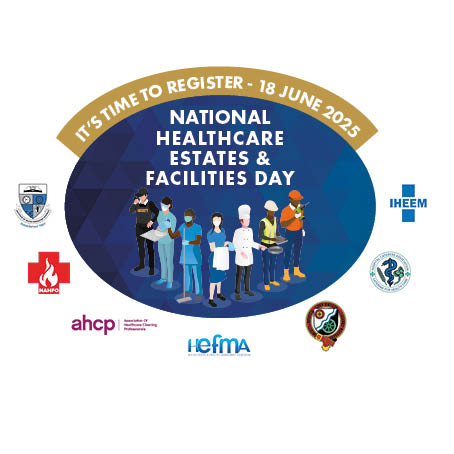The Government has announced cuts to red tape and confirmed more flexibility around apprenticeships, aiming to enable up to 10,000 more apprentices to qualify every year.
One of the key changes is the decision to give employers more flexibility over maths and English requirements for adult learners over the age of 19. The previous requirement for adult learners to complete a level 2 English and maths qualification (equivalent to a GCSE), in order to pass the apprenticeship has often been criticised as a blocker for potential new recruits into estates and facilities positions within the NHS.
With immediate effect, businesses will now be able to decide, when adult learners start their apprenticeship, whether the English and maths qualifications will be required. This move does not mean that apprentices won’t be assessed on core English and maths skills relevant to their occupation, but it does mean they will be able to focus more on their paid work.
Other changes include reducing the minimum duration of an apprenticeship from 12 to eight months, which will come into effect in August 2025.
Three trailblazer apprenticeships in key shortage occupations will look to pioneer the new shorter apprenticeship approach, with apprentices in green energy, healthcare and film/TV production set to be able to take on these new courses.
Skills England
A new nationwide body, Skills England, will be “a major driver in addressing the skills gaps needed to support employers up and down the country,” according to Secretary of State for Education, Bridget Phillipson.
“Growing the economy and opportunity for all are fundamental Missions of our Plan for Change, and we are determined to support apprentices throughout this National Apprenticeship Week and beyond.
“Businesses have been calling out for change to the apprenticeship system and these reforms show that we are listening. Our new offer of shorter apprenticeships and less red tape strikes the right balance between speed and quality, helping achieve our number one mission to grow the economy.”
Skills England will be chaired by Phil Smith CBE, former Chair and CEO of international tech and telecoms giant, Cisco. It will bring together key partners to meet the skills needs of the next decade across all regions of England. More than 700 stakeholders have already been engaged through roundtables, webinars and engagement events.
It will work with employers, national, regional and local government, providers, and unions to identify skills shortages and provide strong strategic direction for the skills system.
One of Skills England’s first orders of business will be to identify which apprenticeships would be best served by the shorter duration approach. Skills England will prioritise key shortage occupations as per the industrial strategy, helping to boost growth under our Plan for Change.
Welcoming change
The changes to apprenticeships have been welcomed by leaders of business and industry.
Alex Hall-Chen, the Institute of Directors’ Principal Policy Advisor, Sustainability, Skills, and Employment says: “Apprenticeships are a vital tool in tackling the UK’s persistent skills shortages, and this announcement is a welcome step in removing unnecessary barriers to increasing apprenticeship numbers.
“Research with IoD members clearly showed that giving employers flexibility when it comes to English and Maths qualifications for adult apprentices has the potential to unlock more apprenticeship opportunities.
“Employers are well-placed to judge whether English and Maths qualifications are the most appropriate route to evidence or develop the literacy and numeracy skills needed for success in the given career path.”
National Apprenticeship Week runs from February 10 – 14, 2025 and celebrates the achievements of apprentices around the country and the positive impact they make to communities, businesses and the wider economy.











